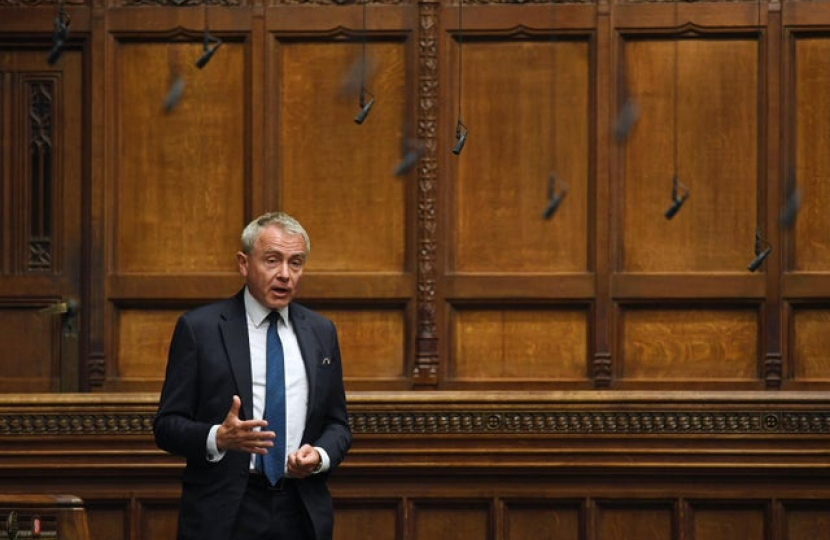
The Environment, Food and Rural Affairs Committee is launching an inquiry into species re-introduction – the process by which animals or plants can be re-introduced to particular areas.
Many successful species re-introductions have already been carried out in the UK, including for example the red kite and the ladybird spider.
The committee will be looking at how the process could support governments plans to tackle biodiversity loss and address other environmental challenges such as climate adaptation and controlling invasive species.
The inquiry will also consider how to manage potential conflicts that species re-introductions can cause with other land-users and local communities. Beavers, for example, can improve water quality by filtering pollutants – but they can also cause damage to trees. Similarly, predatory birds can sometimes attack livestock; large animals can cause traffic accidents.
Chair's Comment
The Chair of the Environment Food and Rural Affairs Committee, Sir Robert Goodwill MP, said:
“All of us love to see nature in its glorious diversity. We want to examine what role species reintroduction can play to safely enhance that diversity.
“However, if species are to be re-introduced, they must be managed in a careful and sustainable way – that takes account of their impact on the wider ecosystem and other landusers. That’s in the interests of all concerned – including the animals being re-introduced".
The Committee is seeking views on the following questions:
- What role should species reintroductions play in the delivery of the government’s biodiversity and nature recovery goals? Should specific objectives/targets be set for species reintroduction?
- How can the government maximise the potential benefits from species reintroduction, and ensure the correct species are reintroduced in the correct places?
- What role should the Landscape Recovery and Local Nature Recovery Schemes, under the Environmental Land Management Scheme, have in supporting species reintroduction?
- How effective is current government policy and 2021 guidance in leading and managing species reintroductions? Should any changes be made to its policies and guidance?
- What improvements can be made in how local communities, landowners and other land users are engaged and consulted on reintroduction proposals? What practical steps can be taken to reduce conflict with these groups?
- How could the development of long-term management plans and regulatory regimes for reintroduced species control be improved?
- What can the government do to help prevent unregulated species reintroductions?
- What lessons could the UK government and Natural England learn from reintroduction in other jurisdictions, in UK and Europe?
The deadline for submissions is Friday 6 January.

